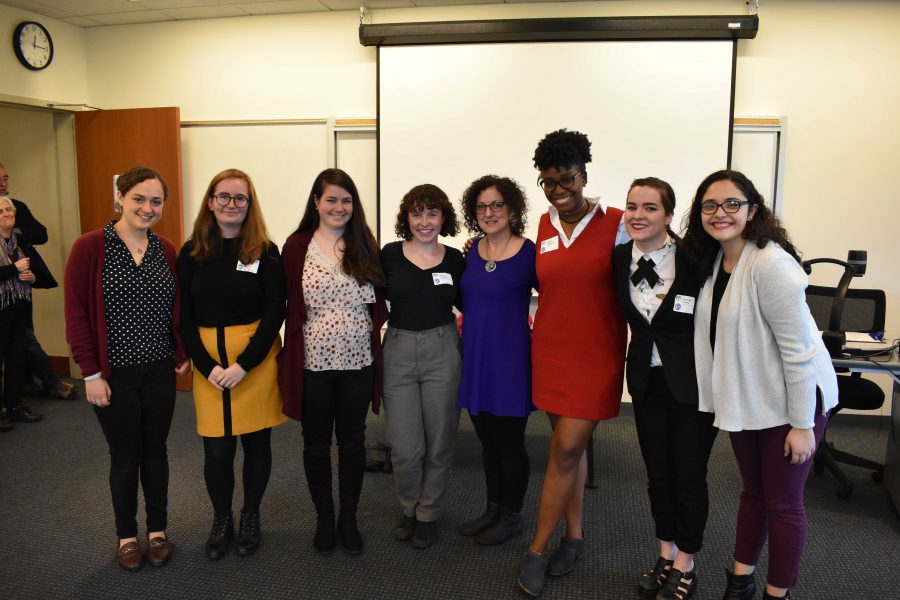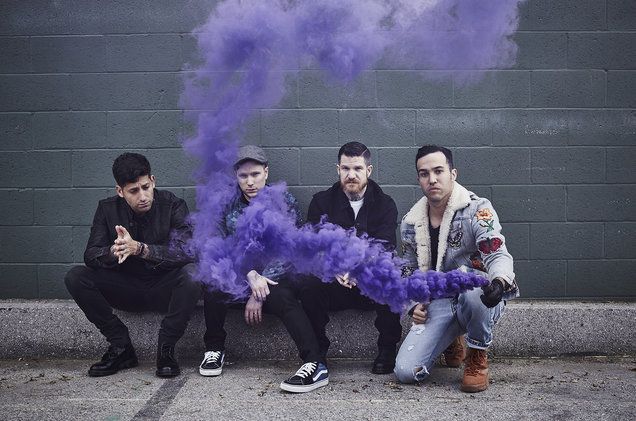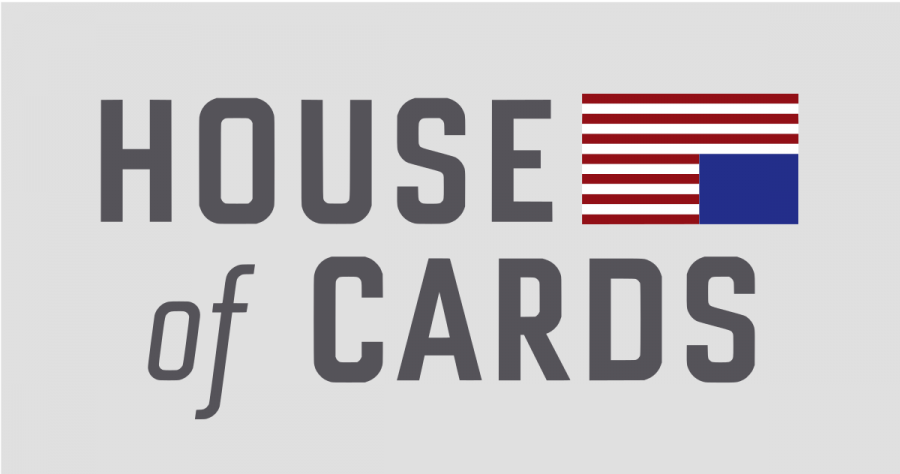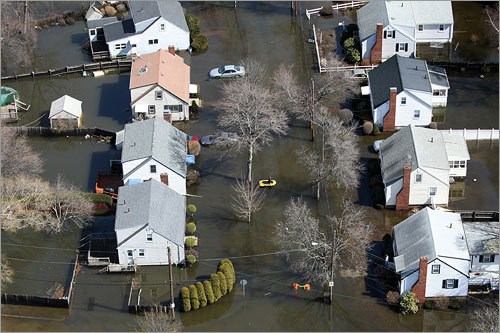By Sarah Kinney
Staff Writer
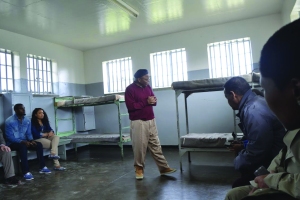
CAPE TOWN—Noor Ebrahim watched as the government bulldozed his home in District Six where four generations of his family lived.
Shireen Habib and her husband left the Bo-Kaap to live in the Seychelles because of the Immorality Act, which prohibited multi-racial marriage. The couple eventually divorced because of it.
Ntando Mbatha spent seven years in prison, mostly on Robben Island, for protesting apartheid education policies as a student and then joining the banned African National Congress (ANC).
South Africans have a lot about which they can be bitter.
Surprisingly, many do not dwell on the past and have high hopes for the future.
“We bear no grudges,” Mbatha says.
After the end of Apartheid in the early 1990s, the newly elected South African Parliament set up the Truth and Reconciliation Commission to hear grievances from victims and receive requests for amnesty from perpetrators. The commission received 21,000 statements for those who believed they were victims of human rights violations. They also received 7,124 amnesty requests.
Over 1,000 of those requests were granted.
“We don’t blame white South Africans,” Ebrahim says. “It was the government.”
South Africa is often a model for peaceful transition of power. Their system of forgiveness and moving forward is often cited as part of that.
In 1993, Frederik Willem de Klerk and Nelson Mandela–one a sitting president, the other his successor–shared the Noble Peace Prize. Despite decades of division, they were able to compromise to give equal rights to non-whites while allowing whites to retain jobs and property they gained as a privileged class.
“We were expected to destroy one another and ourselves collectively in the worst racial conflagration. Instead, we as a people chose the path of negotiation, compromise, and peaceful settlement,” Mandela said at the opening of Nobel Square in Cape Town. “Instead of hatred and revenge we chose reconciliation and nation-building.”
Mbatha says it was Mandela’s example that motivated him to reconcile with the past.
He is not alone. Today, many South Africans have moved on from their Apartheid history.
Ebrahim founded the District Six Museum and acts as a guide. He likely will never be able to return to District Six to live, but he is content with his new home. On his tour, he beams as he describes writing his autobiography, “Noor’s Story: My Life in District Six.”
Habib is active in her Bo Kaap community: giving tours, volunteering, and once serving as an ANC representative.
Mbatha was released from Robben Island in 1991, but you can still find him there giving tours of the cell in the F Block cell he once shared with 39 men.
Claire Collins, classified as “colored” under Apartheid and now a medical student at the University of Witwatersrand, says that Truth and Reconciliation was a helpful process, but thousands more still have stories to share.
“We are not done with [apartheid],” Collins says. “South Africans are walking around…with mass trauma.”
Forgiveness leads to peace and hope, but it is also a process that takes time and strength. It is a fundamental part of South Africa’s exceptionalism.
As a part of the Human Rights in South Africa course, 11 students learned about the history of apartheid and the current social situation of South Africa. In May, they visited the country and witnessed the situation first-hand, speaking with people from activists and average citizens to U.S. diplomats and commissioners. You can check out their blog at http://bit.ly/1rVeGkQ.














